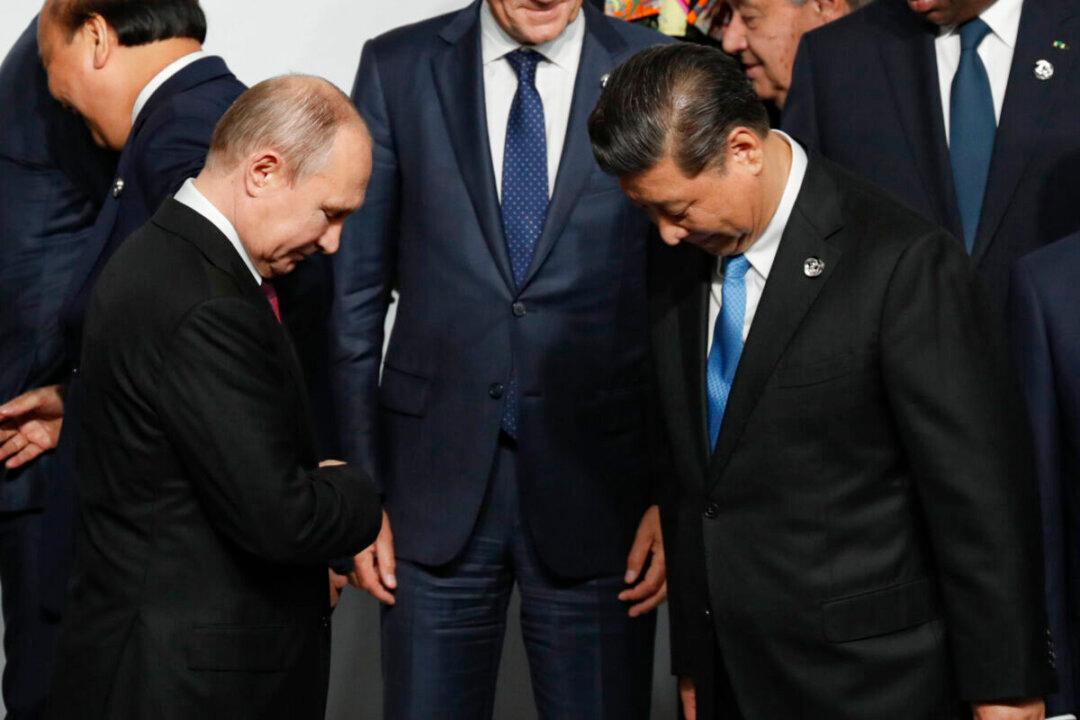News Analysis
The Chinese Communist Party’s (CCP’s) media mouthpieces recently published polarized reports over the Russia-Ukraine war, including a rare, positive interview with the Ukrainian Foreign Minister while at the same time persisting with its criticism of the United States. The contradictory articles on tightly controlled state platforms highlight the split in views at the CCP’s top echelon, experts said.





